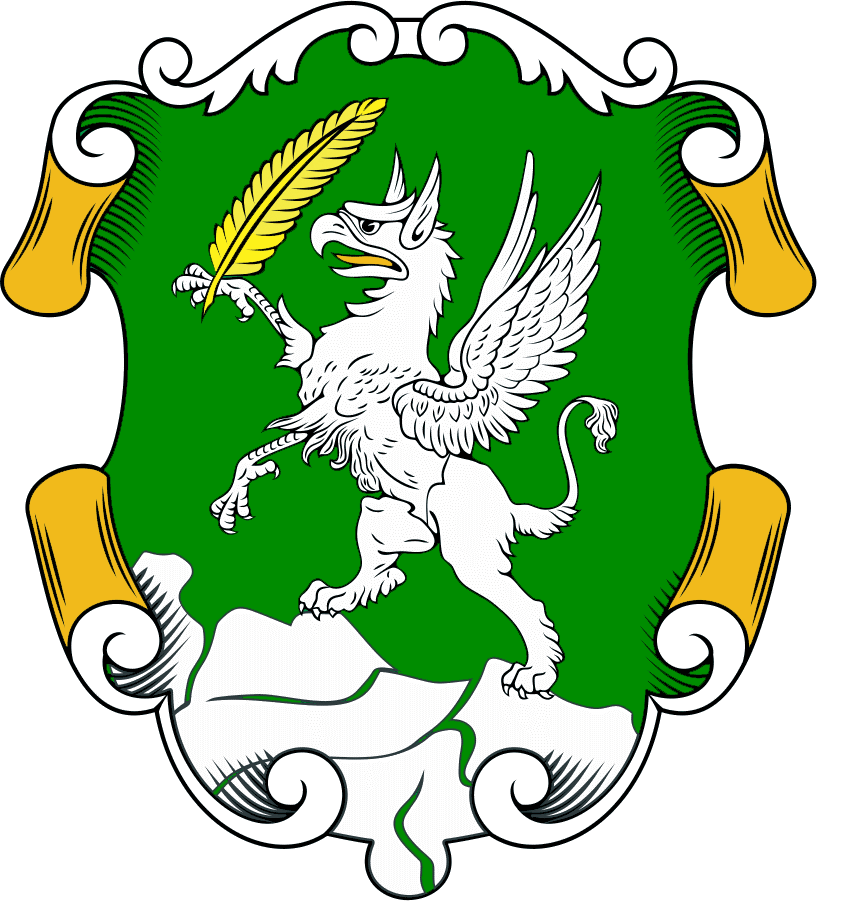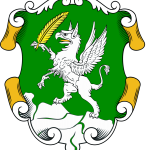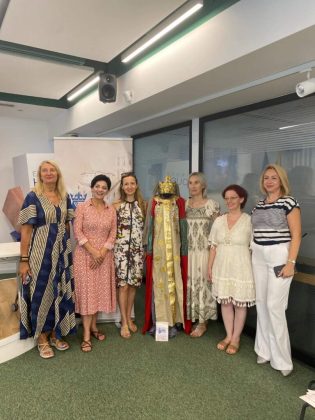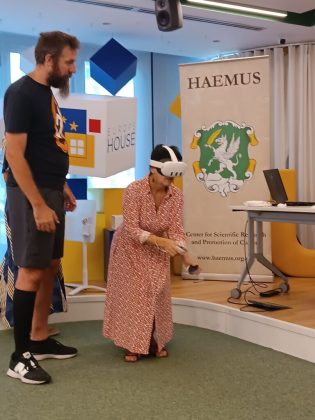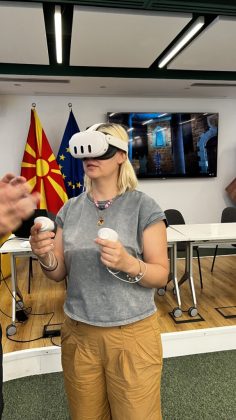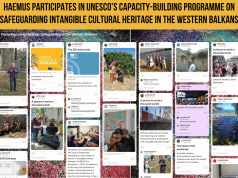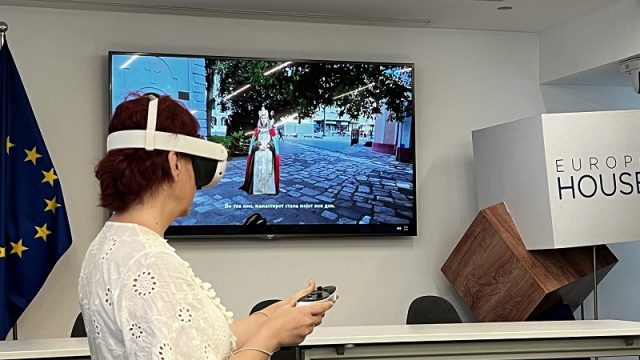
The Center for Scientific Research and Promotion of Culture, HAEMUS, in collaboration with the Archaeological Institute in Belgrade and coordinator DIGI.BA from Sarajevo, presented VR and AR applications developed as part of the SHELeadersVR project. This initiative, supported by the Creative Europe program, was launched today at the European House in Skopje.
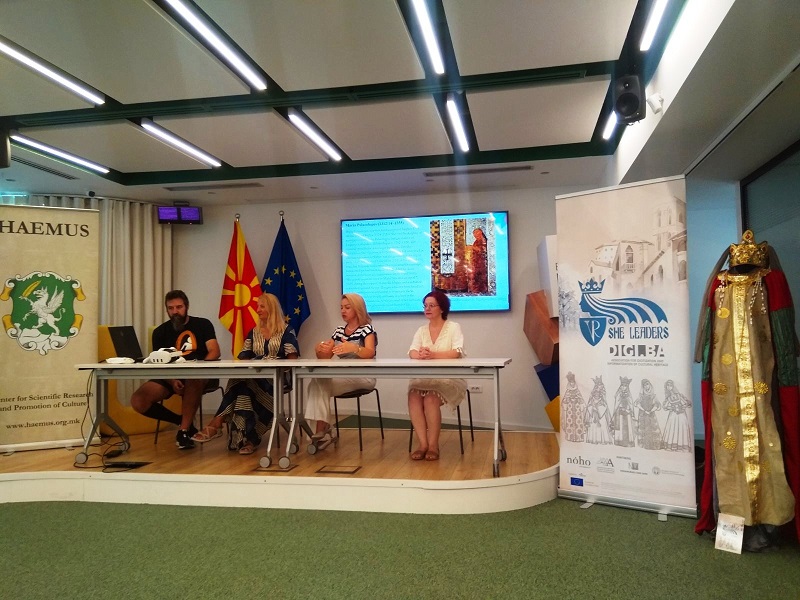
The project’s aim is to create digital applications leveraging virtual and augmented reality to reconstruct the lives, actions, living spaces, and artifacts associated with five selected medieval women rulers from the Western Balkans. Based on thorough scientific research, written and visual sources were used to design the VR application’s interactive scenarios and elaborate costumes to bring these rulers to life. Among the highlights is the costume of Byzantine princess and queen Maria Palaiologina, meticulously recreated under the direction of HAEMUS’s Creative Director, Vasilka Dimitrovska. The costume, presented during the press conference, will also feature in various promotional activities.
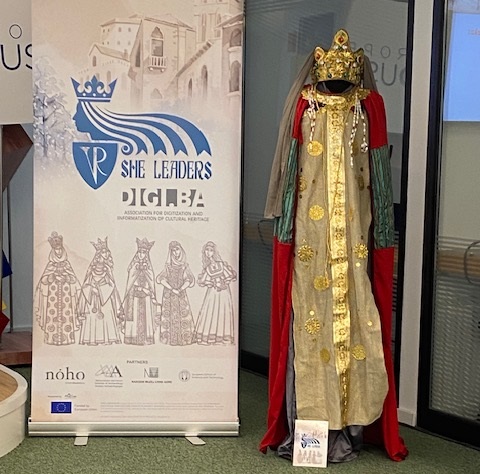
The costume is specifically crafted for AR and VR applications, worn by an actress in a digitally reconstructed historical setting. Due to its theatrical design, the costume is not suitable for live heritage interpretation but serves as an exhibition piece, soon available for public viewing.
In addition to the historical costume, HAEMUS has acquired a complete VR setup, including specialized goggles that offer an immersive half-hour experience. Users can explore stories of the five queens through an interactive quiz game. Upon completing the five segments, a sixth level unlocks, leading to a secret chamber where users discover artifacts collected along the journey.
“This video game challenges users to find hidden artifacts belonging to each queen. For Macedonia, the application allows users to virtually enter the medieval palace of Skopje Fortress, digitally reconstructed for the project. They navigate the space, solve puzzles, and uncover a secret artifact belonging to Queen Maria Palaiologina,” Dimitrovska explained during the press conference.
